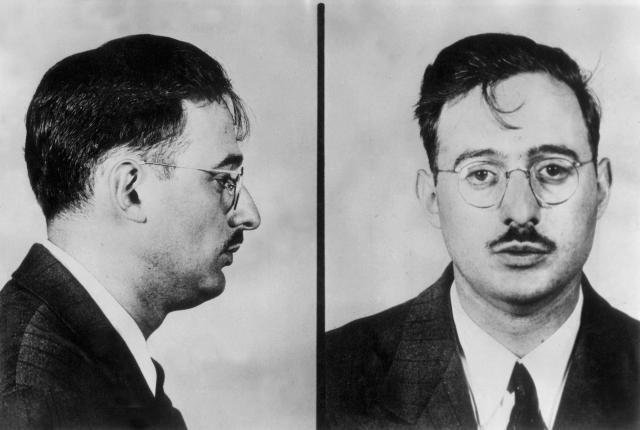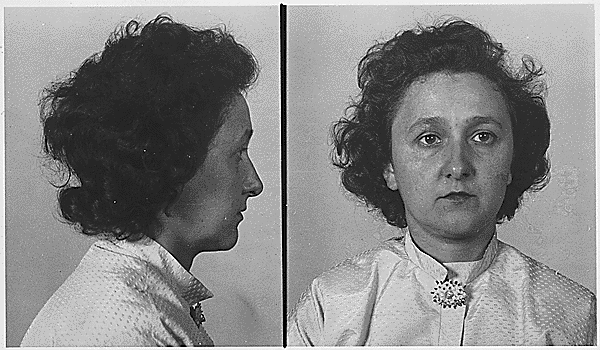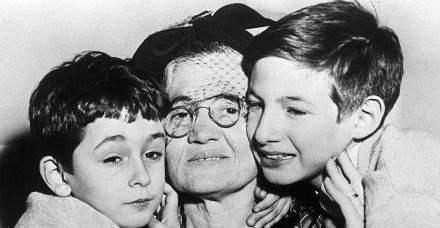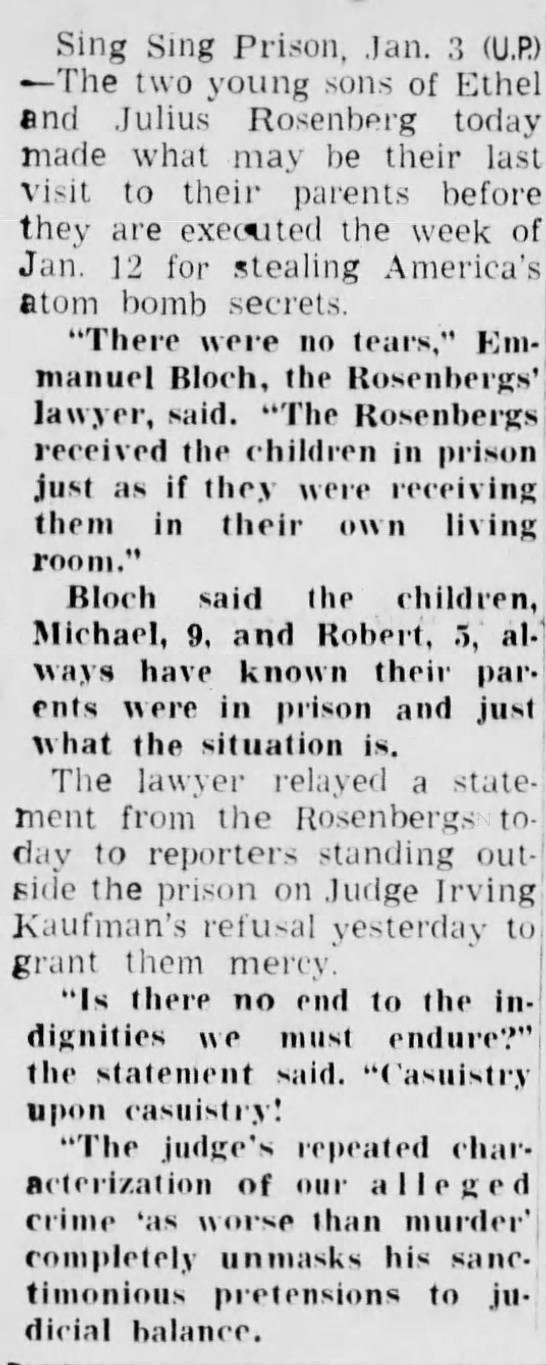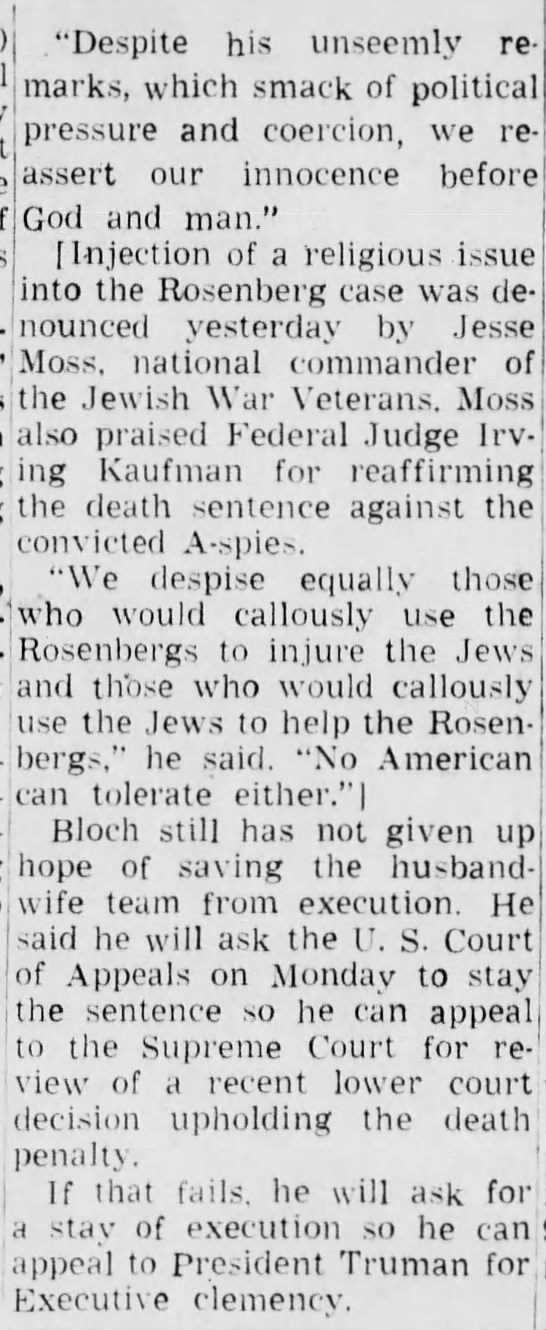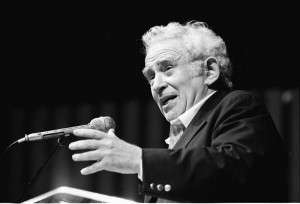
According to this Q&A, Mailer never interviewed Gary Gilmore for "The Executioner's Song." He worked from Schiller's extensive interviews. (Image from MDCarchives.)
For someone so accomplished, Lawrence Schiller isn’t exactly a household name. A photographer, a filmmaker, a writer and an interviewer extraordinaire, Schiller has been a Playboy shutterbug, an Oscar winner in the Documentary category, a collaborator with Norman Mailer and other literary lights and an author of books about O.J. and JonBenet. The Believer‘s Suzanne Snider has outdone herself with an outstanding interview with Schiller. You should read the whole thing, but I present you with an excerpt about how Schiller became an acclaimed photographer at a young age:
“The Believer: But then you became a photographer….
Lawrence Schiller: But that was because I couldn’t read. I grew up not knowing I was very seriously dyslexic (I grew out of it a little bit). I was unable to read properly as a young child. I was unable to read at all. I ran away from classes because I didn’t want to be embarrassed. At the same time, my father was in the retail end of selling sporting goods, appliances, and cameras. He was a portrait photographer prior to that, during World War II. So about the tenth grade, he gave me an East German camera called an Exakta.
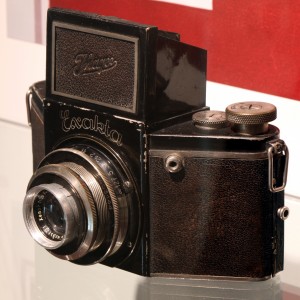
Exakta camera. (Image by Rama.)
My brother and I were accomplished tennis players at a very young age (I was skinny at the time). When my brother beat me in the eleven-and-unders, I gave up sports (he went on to be a nationally ranked tennis player). I went toward photography, and I became an accomplished sports photographer at a very young age.
I was self-taught. By the age of fourteen I had won second, third, fourth, and fifth in the national Graflex Awards, which allowed me to work in summer of eleventh grade with Andy Lopez of the Acme News Service.
I took some pictures at the death march of Julius and Ethel Rosenberg from Union Square to Knickerbocker Village and I started to publish at a young age through high school and college.… I started to get a big head and a very big ego. I hid my age from all the big magazines around the world. Jacob Deschin, a writer for the New York Times, called me a “pro at sixteen,” when I was still in high school. By the time I graduated from college I won the National Press Photographers Picture of the Year award.
The Believer: What was the photograph?
Lawrence Schiller: It was Nixon losing to Kennedy with a teardrop in his wife’s eye. I never considered myself a good photographer. I still don’t. I thought of myself as a hard worker. My camera was a sponge and I had an instinct that athletes have—anticipation. Photography really represents an enormous amount of anticipation—understanding what might be there the next moment and being prepared for it.”

